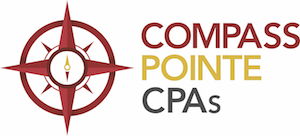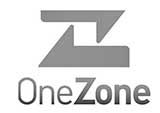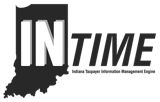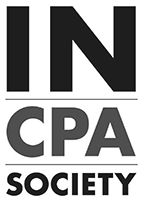Paycheck Protection Program Loan Forgiveness Part 2
November 20, 2020 Author: Matt Caras, CPA Compass Pointe CPAs
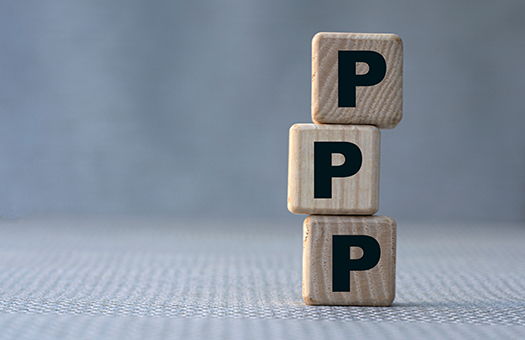
UPDATED
As we approach the end to a tumultuous year, year-end tax planning comes to the forefront for business owners and tax advisors. Every year we take a close look at how the year went and decisions we have made or will potentially make that may have a financial impact.
One such decision: the timing of PPP loan forgiveness. The main question now is, “When should a business apply for forgiveness?” On November 18th, the IRS has clarified their position.
From Revenue Ruling 2020-27 – “A taxpayer that received a covered loan guaranteed under the PPP and paid or incurred certain otherwise deductible expenses listed in section 1106(b) of the CARES Act may not deduct those expenses in the taxable year in which the expenses were paid or incurred if, at the end of such taxable year, the taxpayer reasonably expects to receive forgiveness of the covered loan on the basis of the expenses it paid or accrued during the covered period, even if the taxpayer has not submitted an application for forgiveness of the covered loan by the end of such taxable year.”
In other words, you will not be able to deduct the expenses associated with the PPP loan in 2020 (even if you have not applied for forgiveness by year-end 2020) if:
- You received a PPP loan,
- Spent those monies on allowable expenses, and
- Reasonably expect to receive forgiveness for the loan.
PPP Loan Forgiveness Process
Companies who received the PPP loan were able to choose either an 8-week or 24-week covered period in which to use the funds. See our previous blog which goes into greater detail on the PPP loan. From the end of their chosen covered period, borrowers have 10 months of additional time for payment deferral on the loan. Once the application for forgiveness is received by the lender, the lender has 60 days to render a forgiveness decision and request payment from the Small Business Administration (SBA). From that point, the SBA has 90 days to remit payment to the lender.
Income and Expenses
The CARES Act has clearly stated that forgiveness of the PPP Loan would be considered tax-exempt forgiveness of indebtedness income. However, in April of 2020, the IRS released Notice 2020-32 which discusses the deductibility of expenses related to how the PPP funds were used. The IRS stated that expenses associated with tax-free income are nondeductible. This guidance is consistent with historic IRS guidance regarding nontaxable income and related expenses. This stance by the IRS, however, poses significant tax implications resulting in unexpected increased taxable income to the business.
While the IRS guidance does not appear to align with Congress’ expressed intent, no legislation has passed to date to correct the issue.
Estimated Tax Payments and Planning
This new revenue ruling has helped clarify in what year there will be additional taxable income associated with PPP forgiveness in the form of nondeductible expenses. When completing your 4th Quarter 2020 tax planning, it will be important to take this additional revenue ruling into consideration (4th Quarter estimates are due January 15, 2021).
Prior to year-end 2020, we urge you to reach out to your tax advisor to discuss the tax consequences of applying for forgiveness and to update 4th Quarter planning.
